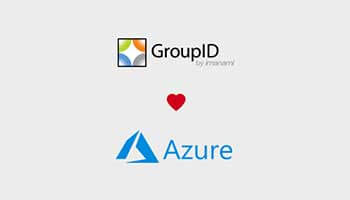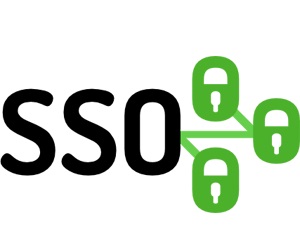Zero Trust Security in Active Directory and Azure AD Groups
What is Zero Trust Security? Zero Trust is a security model that is built on the hypothesis that threats exist both inside and outside your network, and therefore, aims to eliminate the concept of trust from an organization’s network architecture. Its implementation centers on strict access controls (without trusting anyone by default), which translates into…










